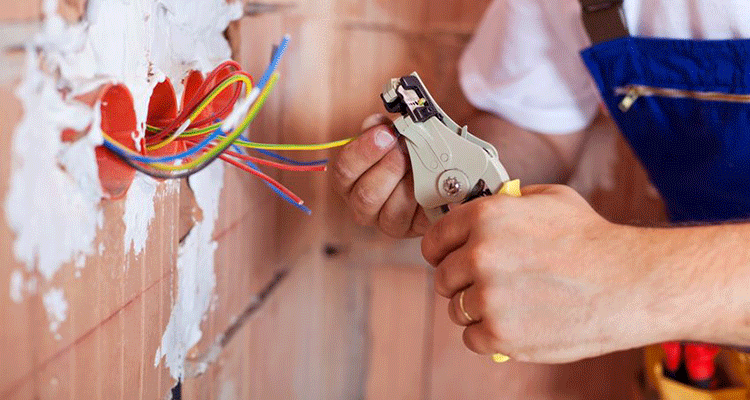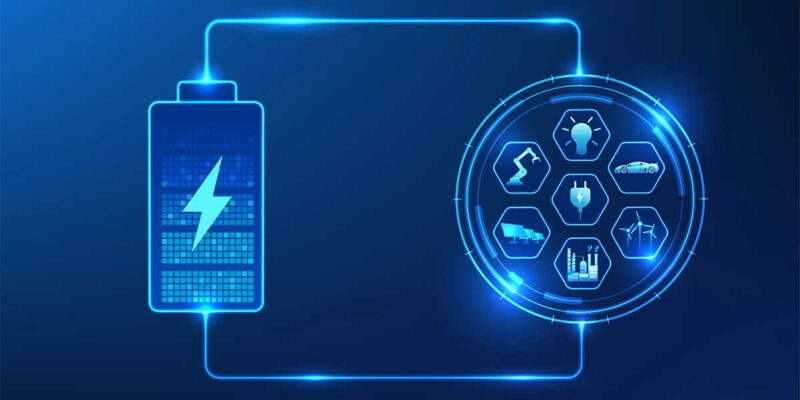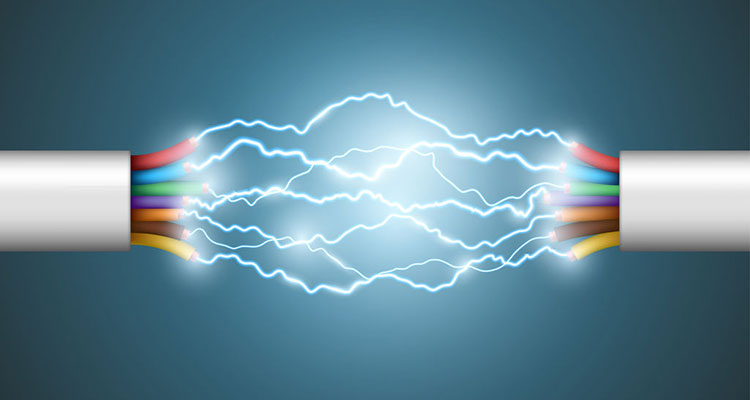Electricians and AV Need Each Other
 I can’t think of two separate specialists on the jobsite whose work is more closely linked than the AV pros and the electricians. They’re so closely linked because even for small installations AV pros need to communicate with the electrician to specify locations and load capacity for the outlets that service their equipment. And with large, complex projects, AV pros and electricians have to work together very closely indeed to ensure that lighting control and other automation is properly executed.
I can’t think of two separate specialists on the jobsite whose work is more closely linked than the AV pros and the electricians. They’re so closely linked because even for small installations AV pros need to communicate with the electrician to specify locations and load capacity for the outlets that service their equipment. And with large, complex projects, AV pros and electricians have to work together very closely indeed to ensure that lighting control and other automation is properly executed.
Like any close relationship, it isn’t always easy. Every seasoned AV pro that you know has hours of stories about conflicts that arose because an electrician either couldn’t or wouldn’t get their heads around what was required of them. And it’s not necessarily because the electrician was a jerk — more often it’s down to insufficient communication between AV pro and electrician.
I remember one new home project years ago where the client had ordered a custom-built ornate wrought iron chandelier for the entryway. It was going to be massive.
I had the manufacturer’s specifications on my desk, and was calculating loads for the lighting control system and the total load for all the sockets in the chandelier added up to 48 amps. The electrician had, so far, only run one line between the chandelier’s future location. Even on a 30-amp breaker that obviously wasn’t going to work. Fortunately, I confirmed with the vendor of the chandelier that yes, they design their monster-sized chandeliers to run off of two lines. Even more fortunately, there was still time for the electrician to run a second line to it and dedicate two breakers to just the chandelier.
Like any close relationship, it isn’t always easy. And like any close relationship, good communication can solve a lot of problems. Because of that closeness, it’s unsurprising some crossover occurs between the two. There’s AV companies that hire and keep licensed electricians on staff to support their requirements. And there’s more than a few electricians who’ve looked at AV and IT and thought, “Well, I can do that, too!”
Maybe ten years ago it would have seemed odd to see low-voltage companies like AV, IT and security handing high voltage work on job sites and vice versa. It’s analogous to back when TV and phone companies started offering Internet, even as Internet companies started offering phone and TV packages.
Today those distinctions between service providers are ambiguous-to-nonexistent. Similarly, there are an awful lot of work vans on the road today whose vinyl-wrapped sides offer full services for both low voltage and high.
Like anything, there are both upsides and downsides to this. You might see this as an increase in competition, or perhaps as greater opportunities for growth and collaboration.
Some may see it as reVOLTing (Sorry. I know that Herz. It took all my resistance to wait this long to make that pun.)
Some AV pros that I’ve known have been dismissive of the quality level of AV work done by electricians. But to be fair, there are plenty of hacks in the AV business who do sub-par work; so let’s be honest, the barriers to entry are already pretty low to begin with.
Ultimately, this is the direction things have headed towards, so it’s up to you to find the opportunities.





